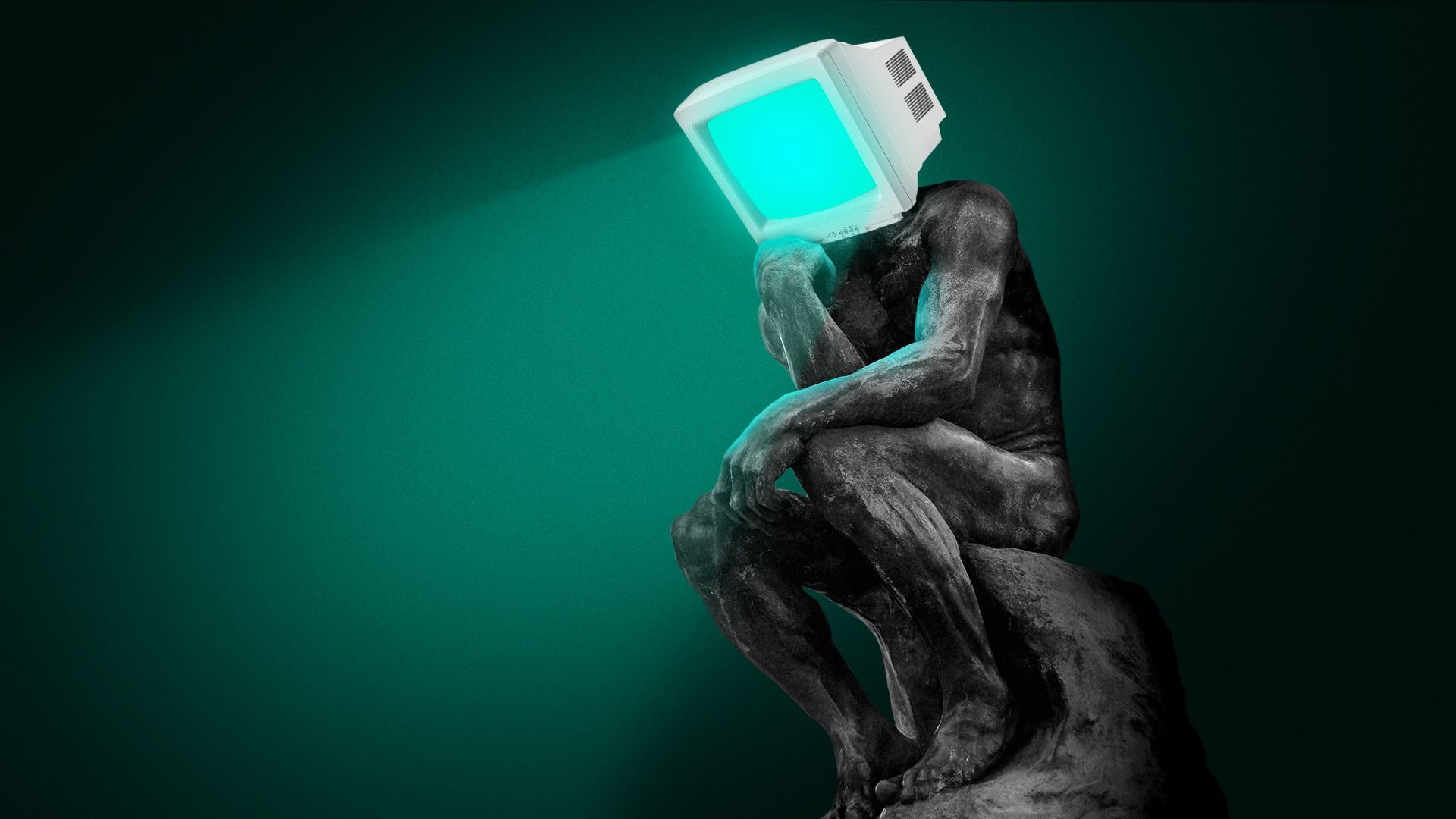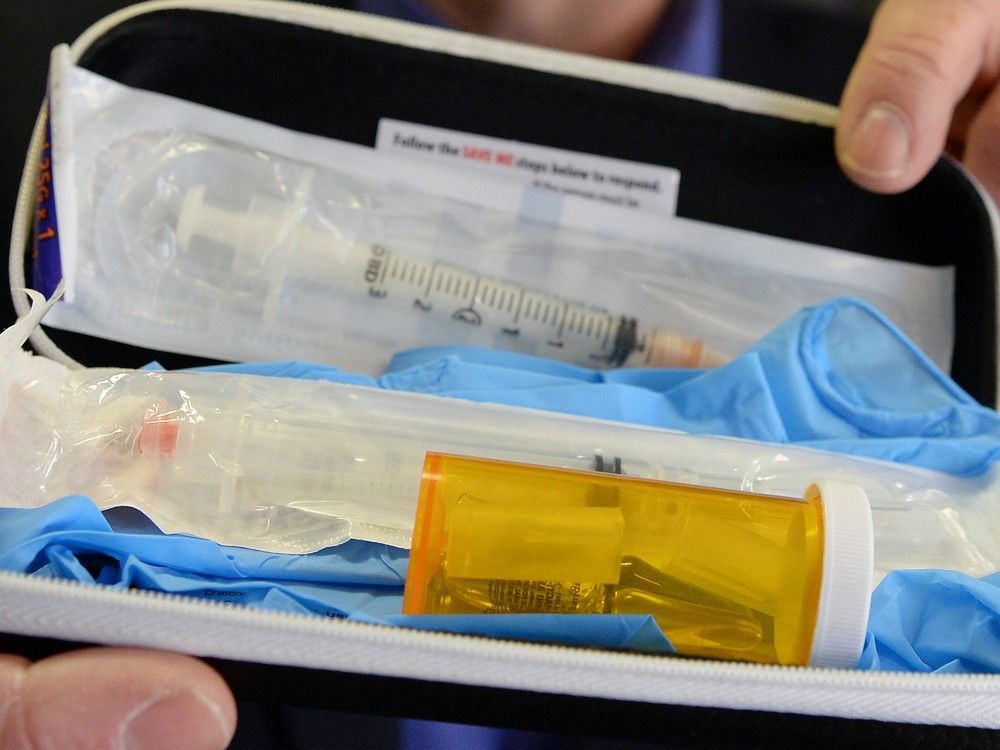
Illustration: Aïda Amer/AxiosArtificial intelligence is playing an increasingly dominant role in how students navigate school, and some teachers are warning the technology could be hurting their critical thinking skills. Why it matters: AI use among school-aged children has increased dramatically as the bots appear in everything from Google searches to Spotify playlists. In fall 2023, a survey from Common Sense Media found that nearly half of young people had never used AI tools or didn't know what they were, but by Sept.
2024 70% of U.S. teens had used at least one type of generative AI tool.

More than half of respondents to the 2024 survey said they had used AI for homework help.The big picture: Gina Parnaby, a 12th-grade English teacher at Atlanta's Marist school, told Axios that she has seen students using AI "as a way to outsource their thinking" and "flat-out cheat."Parnaby, who teaches A.
P. Language and Composition, noted the AP test her students take emphasizes the "concept of a line of reasoning," requiring students to demonstrate critical thinking by constructing logically flowing arguments in their essays.Relying on AI chatbots risks atrophying critical thinking muscles and not developing the ability to produce those kinds of argumentative essays.
"It's like expecting to run a mile when you've only ever run a 40-yard dash," Parnaby said.Case in point: A study released last month from researchers at Carnegie Mellon University and Microsoft found that generative AI tools, when "used improperly ..
. can and do result in the deterioration of cognitive faculties that ought to be preserved.""AI can improve efficiency, it may also reduce critical engagement .
.. raising concerns about long-term reliance and diminished independent problem-solving," the study noted.
Zoom in: Alexa Borota, an 11th-grade teacher at New Jersey's Trenton Central High School, agrees AI can hurt students' critical thinking skills and worsen attention spans already shortened by smartphones.Both teachers said the effects of AI are more corrosive on younger students who don't have the foundations of knowledge that college and graduate students do.Parnaby and Borota both emphasized that constant reliance on AI would also leave students without the stamina or ability to complete standardized tests — including SAT and ACTs which are crucial for college admission.
Between the lines: That doesn't mean AI has no place in schools. If used correctly, AI systems have the potential to act as tutors for kids who need extra help with schoolwork, Denise Pope, a senior lecturer at Stanford's School of Education, told Axios."For some kids .
.. they don't have a parent at home who might be able to help them, or .
.. English isn't their first language," Pope said.
"This is a way to level the playing field."Pope also argued that students need to learn to use AI since the technology is only going to become more prevalent in the working world.Zoom out: Still, teachers and experts have had mixed responses.
Pope urged teachers to find ways to rethink assignments to ensure students are still using critical thinking skills, like having them critique essays produced by AI.Parnaby, however, is resisting the use of AI in her classes. For students learning "how to write and how to think .
.. you're not at a level where you need to outsource that," she said.
Go deeper: How states are guiding schools to think about AI.















